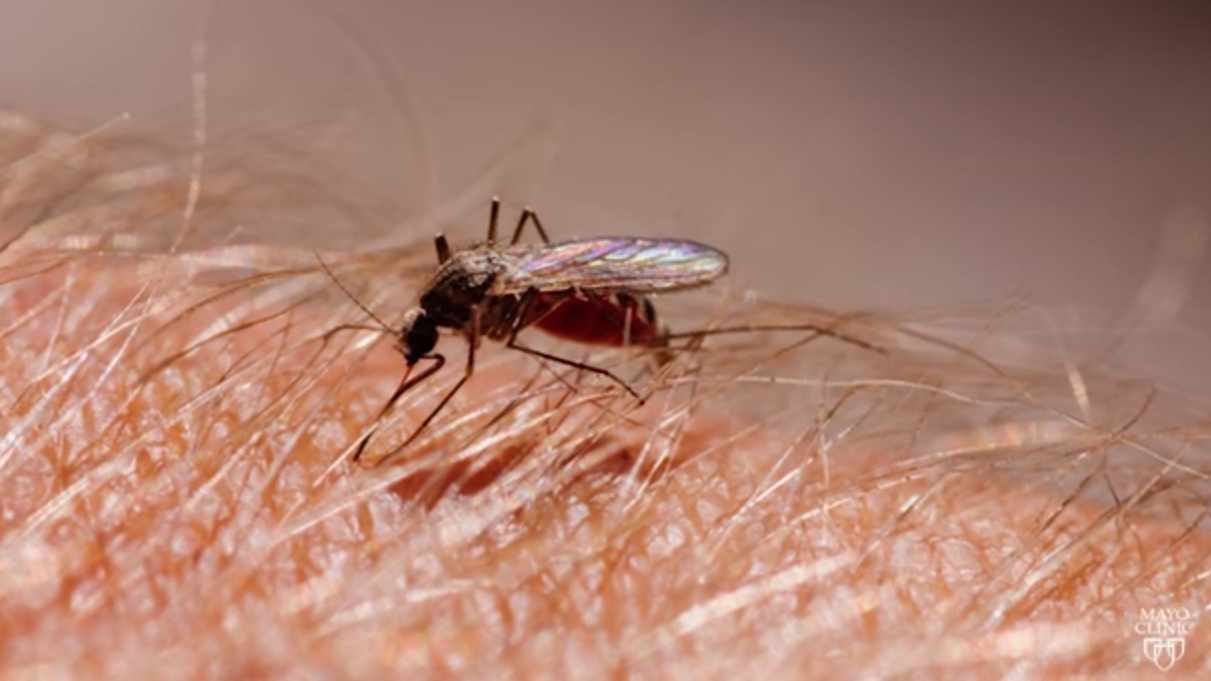-
WHO Convening Zika Virus Emergency Committee

The World Health Organization is convening an International Health Regulations Emergency Committee Monday, Feb. 1, in response to Zika virus outbreaks in parts of Latin and South America. In the United States, the Centers for Disease Control and Prevention has issued a level 2 travel alert, which
states that people at high risk, such as pregnant women, may want to consider delaying travel. The danger is that the virus can cause a birth defect called microcephaly in unborn babies which results in long-term disabilities.
Mayo Clinic infectious diseases specialist Dr. Pritish Tosh says, "Most people who get infected with the virus have no symptoms, and those who do often have mild symptoms that go away within a week. The reason we are concerned about Zika virus is that there is a risk to pregnant women, specifically to their unborn child developing birth defects if the woman is infected, especially later on in pregnancy."
Dr. Pritish Tosh discusses Zika virus in the video below, which includes Spanish subtitles.
Journalists: Sound bites with Dr. Tosh are available in the downloads.
Dr. Tosh says it's important to know that in order to become infected, you must be bitten by a mosquito carrying Zika virus. It cannot be transmitted person-to-person.
There is no treatment or cure for Zika virus, so the best way to prevent it is to avoid mosquito bites by using some of these tips:
- Use insect repellent with DEET
- Wear protective clothing
- Avoid areas where there are many mosquitos
- If you are in an endemic area, use a mosquito net at night
See earlier news about the Zika virus in this Mayo Clinic Minute.







